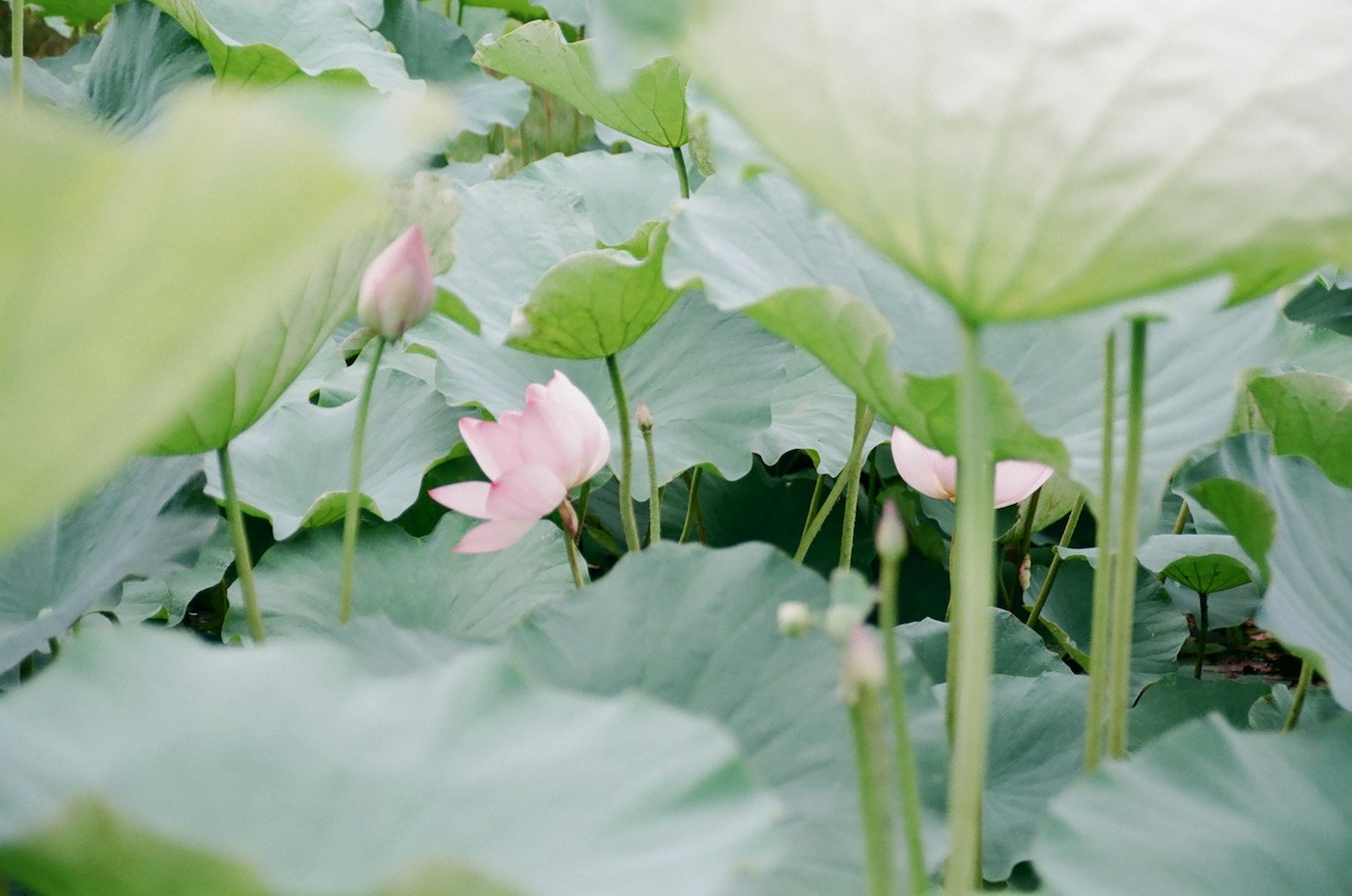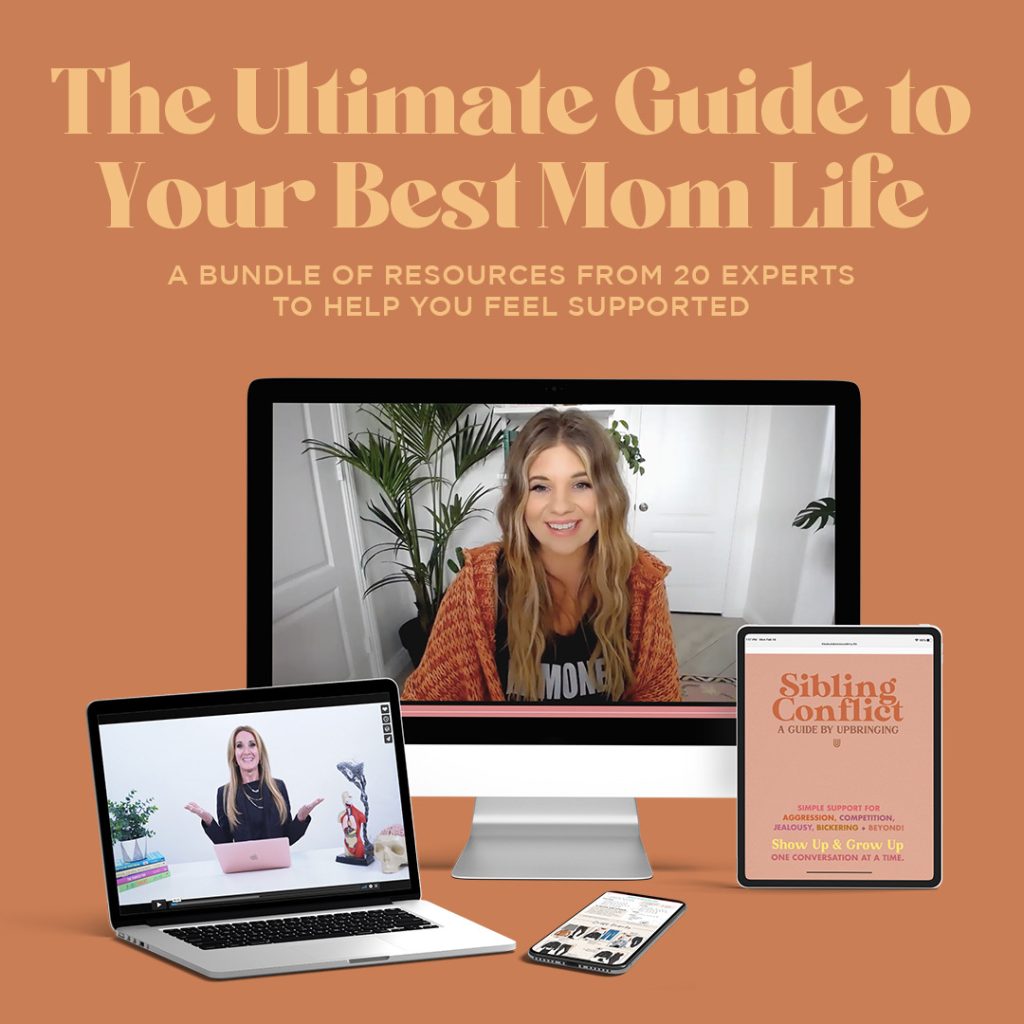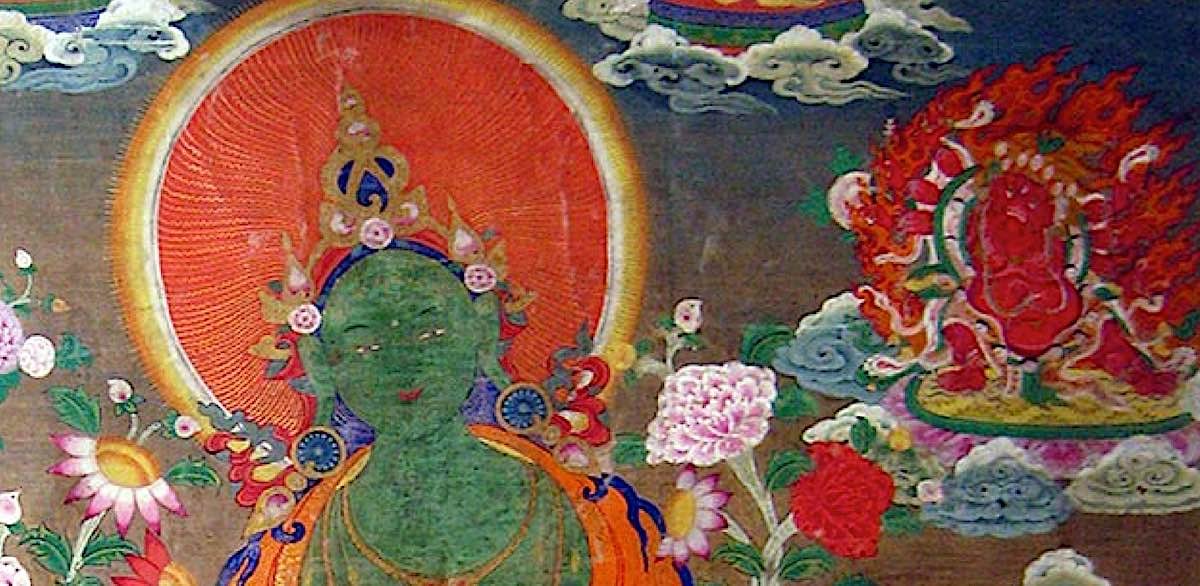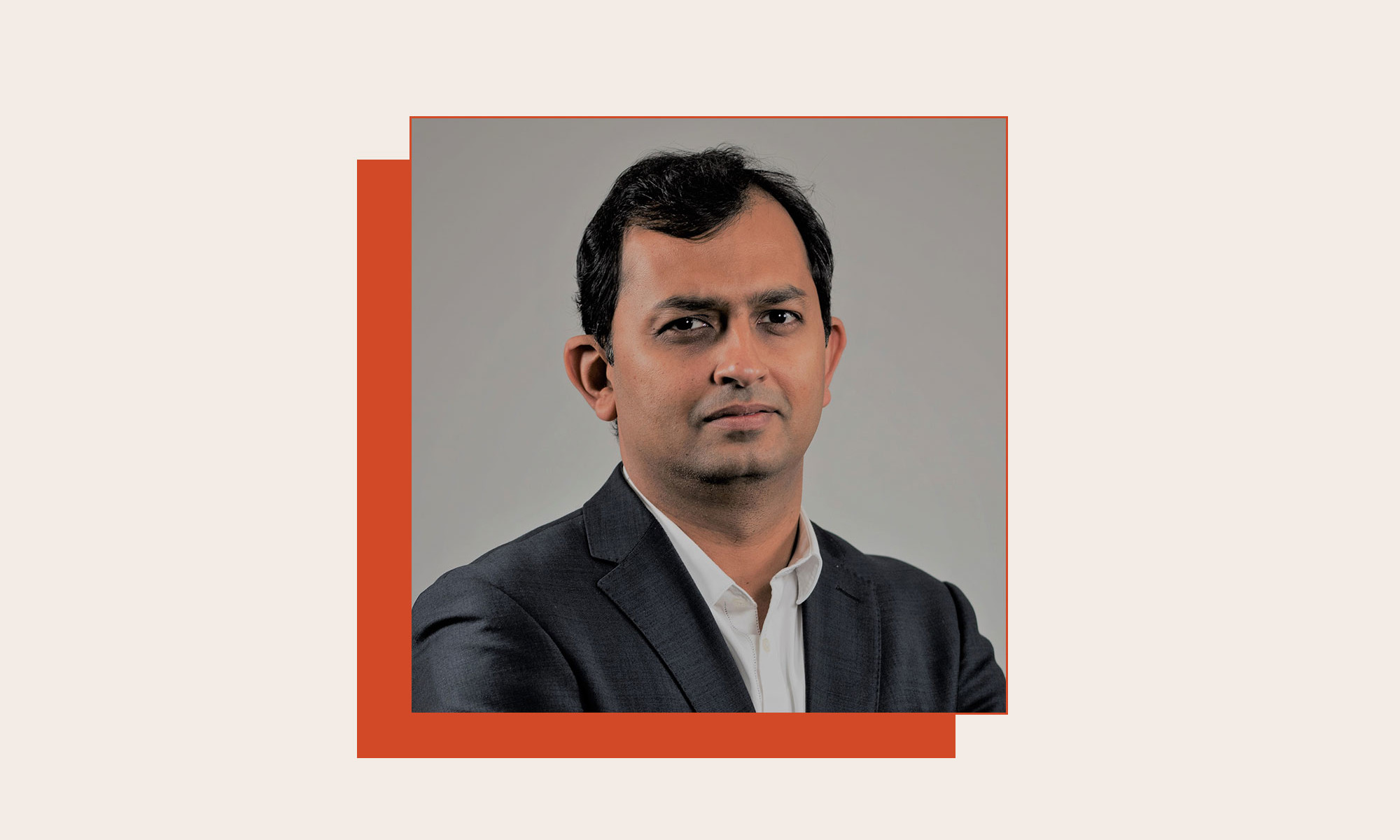Returning to Our Original Nature
Beyond the illusion of purpose and purposelessness The post Returning to Our Original Nature first appeared on Tricycle: The Buddhist Review. The post Returning to Our Original Nature appeared first on Tricycle: The Buddhist Review.

When we are born, we have no concept of purpose. As infants, we simply exist—fully alive, vibrant, and spontaneous—without the need to question “why we are here.” In this primal state, we are one with the natural flow of life, moving effortlessly with the rhythms of the world around and within us, laughing and crying as naturally as a flower blossoms or a stream flows.
This is a state where we haven’t yet created a sense of separation. We can’t distinguish ourselves from everything else, nor do we feel like there’s a self “in here” and a world “out there.” Some call this “oceanic consciousness.” I like to call it unrecognized oneness—we are one with everything, but we don’t realize it because we have yet to experience a separation to compare it to. This is the first place we all encounter upon entering the world—a natural experience of unity.
But being born into human form, we cannot stay there. To be human, we must step out of unity and become individuals—we need to become “somebody.” This is the birth of our identity as a separate self, an indispensable part of the human journey. Psychologists even suggest that those who struggle to create a cohesive sense of their self-identity have difficulty engaging with the world.
At some point, a fundamental aspect of our humanity begins to awaken: the thinking mind. With this powerful tool, we learn to name, categorize, and analyze our experiences. Eventually, we learn to reflect on the past and project into the future. The thinking mind has an insatiable urge to acquire knowledge and explain reality. Over time, it gives rise to profound questions like, “Why am I here?” and “What is my purpose?” These questions act as callings that push us into new territory.
Initially, we may find answers in the traditions we were born into, where a particular religion or belief system provides purpose for a while. We might also follow family, cultural, or societal expectations, which define purpose as fulfilling specific roles, like becoming a good mother, father, or citizen, or achieving whatever “success” means in our culture. But for some of us, these inherited answers eventually feel insufficient. We crave to find our unique purpose, not just be told what it is supposed to be. At this point, we become seekers.
In this new phase we might explore new philosophies, frameworks, and practices in pursuit of purpose. Eventually, some of us encounter the dharma and the world of contemplative practice, which point to a radically different way of relating to life. This path speaks of something called awakening, and offers practices to guide us there. At first, these teachings may seem incomprehensible, as they challenge even our most cherished beliefs. Yet something deep within us resonates with their promise.
Until this moment, we have relied almost exclusively on the thinking mind—though we don’t yet realize it. This mind constantly seeks reasons and explanations, bound to rational knowing, and intent on finding purpose, a quest that can become a heavy burden, leaving us feeling lost or inadequate when we fail to uncover it.
What we don’t see yet is that the very question of purpose arises from the illusion of separateness created by the thinking mind. Viewing life solely through this lens, we perceive ourselves as independent entities, disconnected from the flow of life, and who require a definite purpose to justify our existence.
But as we practice meditation, the thinking mind’s grip begins to loosen. Over time—whether weeks, months, or years—a more fundamental dimension of reality begins to reveal itself. As the thinking mind approaches silence, we see that reality is already expressing itself naturally and spontaneously. It turns out that life doesn’t need a purpose to simply be what it is. Does a tree need to find its purpose to grow? Does the wind need a reason to blow?
Purpose, like “self” and “meaning,” exists only in the realm of human concepts—useful tools but ultimately limited attempts to grasp an ever-changing reality. These concepts eventually become veils, obscuring the boundless richness of life. Instead of revealing the truth of existence, they often limit our perception, reducing an infinite web of interconnectedness into dull, oversimplified categories. Confusing these constructs with reality, we miss the openness and oneness that underlie all things. In this web of interconnection, we find that we are not separate from the whole, we are participants in a dynamic, ever-evolving dance of life that doesn’t need a purpose to manifest freely.
Purpose is something our egos seek to justify their existence, not something reality needs in order to sustain itself.
While a sense of purpose might be essential for constructing a healthy ego, clinging to it as a permanent core identity creates suffering. Reality is constantly changing, and anchoring our identity to a fixed purpose denies the truth of impermanence. Purpose is something our egos seek to justify their existence, not something reality needs in order to sustain itself.
However, there’s a subtle trap here. This realization can easily be misinterpreted as nihilistic purposelessness—a belief that “since there’s no purpose, nothing matters, so let’s abandon consequences and just indulge the moment.” This partial view denies the truth of cause and effect—karma—and surely will lead to suffering. The Middle Way, as pointed out in Buddhism, avoids the extremes of clinging to purpose or purposelessness, offering freedom from both.
When we recognize this, we can regain the natural spontaneity we experienced as children, open and connected to life without having to be in constant evaluation and calculation. The thinking mind becomes a tool, not a master. In this state of flow, presence, and care, we trust the natural unfolding of life, responding to each moment with openness, curiosity, and enthusiasm, like Zen’s “beginner’s mind.” We accept that we can’t control the future, and yet we do our best to support a good life for ourselves, those around us, and the world.
In this way, we learn to hold the paradox without needing to resolve it: releasing the compulsion to impose a fixed purpose on life, while also seriously caring about our actions and their consequences. This openness allows a greater intelligence to emerge—far greater than anything our thinking mind can conceive. The very act of living is then seen as an expression of this deeper reality, infinitely more expansive than any story we could tell ourselves.
sWe don’t need to look far for this intelligence; right now, notice your heartbeat—does your heart need a purpose to beat? It just beats, without a need for existential justification, and yet we can care and feel grateful for it as it sustains our life. This intelligence moves effortlessly within us and around us.
When we relax the mind that endlessly seeks meaning and control, a deeper truth reveals itself—fresh, ever-changing, and rich with possibility. This is the timeless, boundless reality the Buddhas have spoken of for centuries, always present, always available if we have the eyes to see it.
Resting in this truth, we discover that whatever we are doing in this moment is deeply meaningful in and of itself. As Zen master Rinzai (Chinese: Linji) said, “When eating, just eat. When walking, just walk.” In this way, we can simply be who we already are, allowing each moment to unfold with its own inherent wisdom and beauty, while also moving toward a better version of ourselves, or as the contemporary Zen master Shunryu Suzuki Roshi said, “Each of you is perfect the way you are . . . and you can use a little improvement.”
When we stop searching, we find we have been home all along, a home we can now truly care for.

 Astrong
Astrong 































